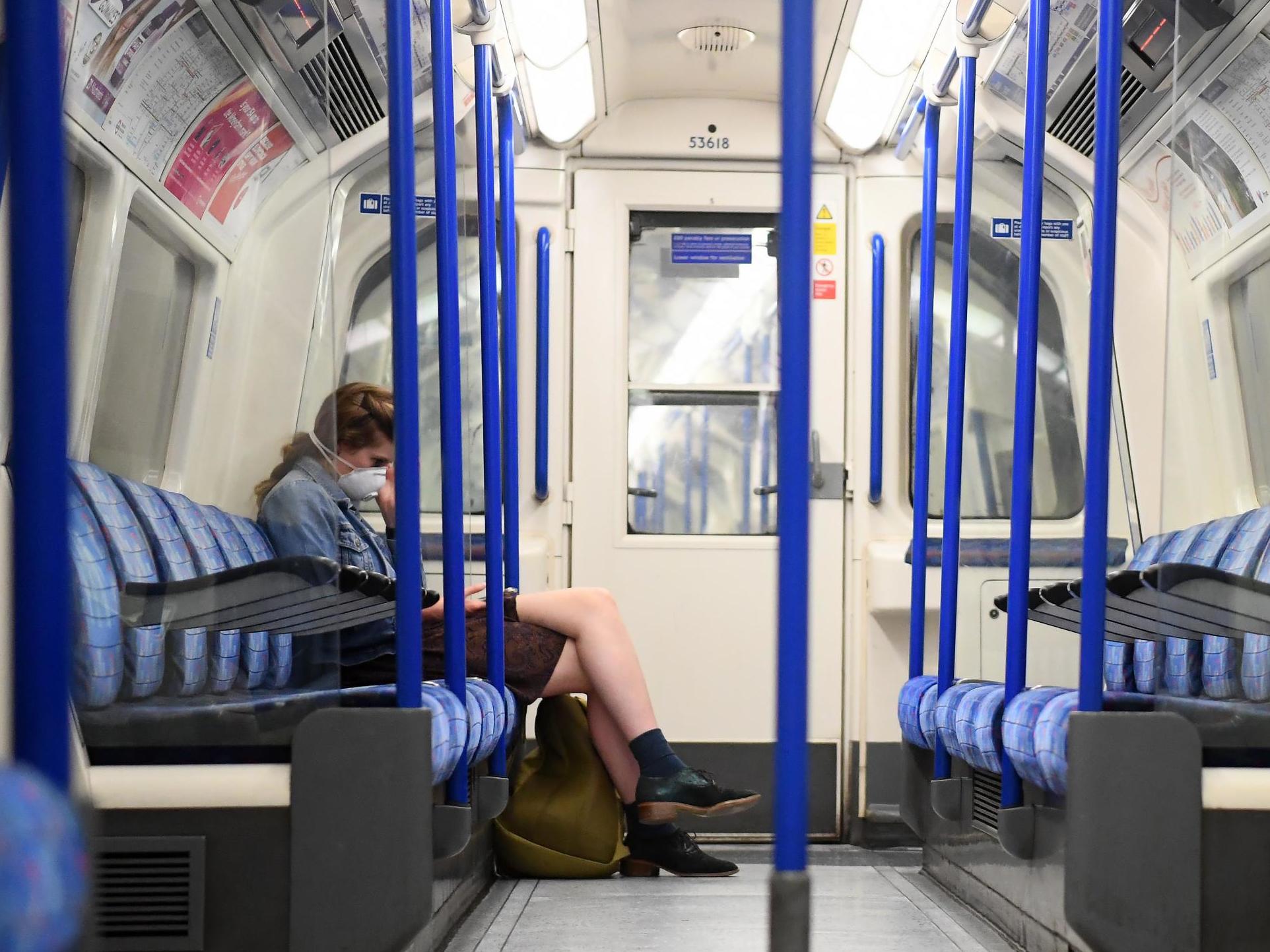
The UK has now reached the 100-day marker of coronavirus, after the first case was confirmed in January.
Britain went into lockdown but has become one of the worst-hit countries, with the second-highest number of deaths of Covid-19 patients.
Here is a timeline of how the disease has impacted the UK:
31 January
Britain records its first cases of coronavirus.
Two related Chinese nationals members who had visited China recently become the first people in Britain to be diagnosed.
6 February
The third UK case is confirmed.
Steve Walsh is believed to have contracted the virus at a conference in Singapore, stopping off at a ski resort in France before heading back to Britain.
He is dubbed a “super spreader” after being linked to at least five people who tested positive in the UK.
9 February
A fourth person is diagnosed with coronavirus in the UK, according to chief medical officer Chris Whitty.
10 February
The number of infections rises to eight. The four additional cases, and the one announced the day before, are all believed to be contacts of Mr Walsh.
13 February
Coronavirus officially reaches the capital.
A woman in London becomes the ninth person in the UK to test positive.
Professor Whitty said she contracted Covid-19 in China, where the virus originated at the end of last year.
27 February
Northern Ireland confirms its first case. The Belfast patient had recently returned from northern Italy, where cases are rising quickly.
4 March
The number of cases in the UK sees a sharp rise. The total number of infections jumps to 87 after the largest one-day increase of 34.
5 March
The UK sees its first virus-related death.
The woman in her 70s had underlying health conditions and passed away at Royal Berkshire Hospital.
The number of cases stands at 116.
16 March
Boris Johnson tells everyone in the UK to work from home where possible, and to avoid pubs and clubs.
The prime minister tells the public to stop “all unnecessary travel” to tackle the virus, which is rapidly spreading through the country.
“Now is the time for everyone to stop non-essential contact with others,” Mr Johnson said.
20 March
The PM orders the closure of social venues, including pubs and restaurants.
Rishi Sunak, the chancellor, announces the government’s furlough scheme to protect workers during the pandemic, saying the government will pay up to 80 per cent of an employee’s wages if they are at risk of losing their job.
23 March
Dominic Raab, the foreign secretary, tells Britons travelling abroad to return home while they still can.
The UK’s national lockdown is announced.
The public are told to stay at home from this evening except for limited reasons, including shopping for food, exercise once per day, medical need and travelling for work when absolutely necessary.
All shops selling non-essential goods are told to close, gatherings of more than two people in public are banned, all events including weddings but excluding funerals are cancelled.
24 March
A scheme is launched to recruit volunteers to help the NHS — initially the target is 250,000, but more than half a million would apply in just two days.
A new field hospital called the Nightingale Hospital with a capacity of 4,000 is being prepared at the ExCeL Centre, the health secretary says.
25 March
Prince Charles tests positive for coronavirus after displaying “mild symptoms”.
26 March
The Clap for our Carers campaign begins, kicking off a weekly national applause of appreciation for frontline NHS workers.
27 March
The UK prime minister says he has tested positive.
Downing Street says he noticed mild symptoms the previous afternoon and received the test results at midnight.
Matt Hancock, the health secretary, also announces he has tested positive.
28 March
Amged El-Hawrani, a 55-year-old consultant, becomes the first frontline NHS hospital worker to die after testing positive for coronavirus.
Professor Stephen Powis, the NHS national medical director, says: “Nobody can be in any doubt about the scale of the challenge we face with this virus, and Amged’s death is not just an individual human tragedy but a stark reminder to the whole country that we all must take this crisis seriously.”
3 April
Schools and colleges are told to rank students for each subject after GCSE and A-level exams were cancelled.
5 April
Mr Johnson is hospitalised for tests as a “precautionary step” as symptoms persist.
6 April
The PM is moved to intensive care in St Thomas’ Hospital in London after his condition worsens.
He stays there for three days.
12 April
Mr Johnson is discharged from hospital.
The PM’s fiancee, Carrie Symonds, says she “cannot thank our magnificent NHS enough”, adding there had been times in the past week that had been “very dark indeed”.
In a video released shortly after he was discharged, Mr Johnson thanks the NHS, saying there was a 48-hour period when things “could have gone either way”.
15 April
The National Police Chiefs’ Council says more than 3,200 fines for alleged breaches of coronavirus lockdown laws were issued by police forces in England between 27 March and 13 April.
18 April
The number of deaths for hospital patients surpasses 15,000 in the UK.
23 April
Millions of people become eligible for a coronavirus test under an expansion of the testing programme for essential workers and their households, announced by Mr Hancock.
The first Britons are injected as part of UK vaccine trials led by Oxford University.
The UK has been in lockdown for one month.
26 April
The number of people who have died in the UK after contracting coronavirus jumps past 26,000, after the government includes deaths outside hospitals for the first time.
The new total counted deaths in care homes and the wider community, according to Public Health England.
30 April
The prime minister says the UK has passed the peak of its coronavirus outbreak.
The country is “on the downward slope”, Mr Johnson added.
5 May
A government scientific adviser quits after he broke social distancing rules when his lover visited him at home.
Professor Neil Ferguson, whose research encouraged the government to bring in the lockdown, resigned from the Scientific Advisory Group for Emergencies (Sage).
Meanwhile, the UK’s death toll surged to become the highest in Europe at 29,427.
6 May
The UK’s death toll tops 30,000.
Press Association contributed to this report
Join our commenting forum
Join thought-provoking conversations, follow other Independent readers and see their replies
Comments
Bookmark popover
Removed from bookmarks